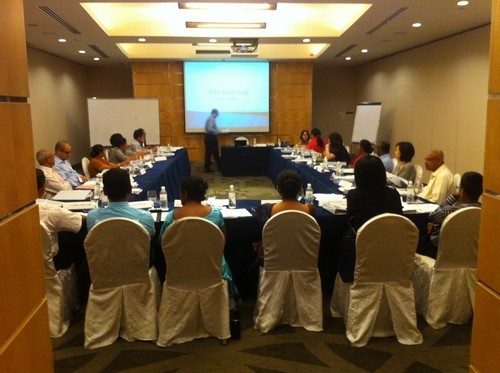Project managers want to make the best decisions for themselves, the project, and the project team. In order to do so, project managers must be aware of biases. Based on experiences, people can come to different conclusions when presented with the same scenario and that’s where biases come into play.
Key Takeaways:
- Project managers want to make the best decisions for themselves, the project, and the project team. In order to do so, project managers must be aware of biases. Based on experiences, people can come to different conclusions when presented with the same scenario and that’s where biases come into play.
- Biases also impact your ability to interpret a message. Biases can create an agenda. Anything outside of that agenda may be seen as a threat. Recognising this slant and deterring its impact makes you a better project manager.
- We all have regret, be it personal or professional. Regret comes from inaction or misguided action. Regret from inaction is caused by overthinking potential outcomes rather than focusing on what happened and dealing with the consequences.
“Project managers make decisions all the time, by the hour, minute, or even second. They get paid to make decisions.”
http://www.girlsguidetopm.com/2017/02/3-things-that-stop-you-making-the-right-decision/


